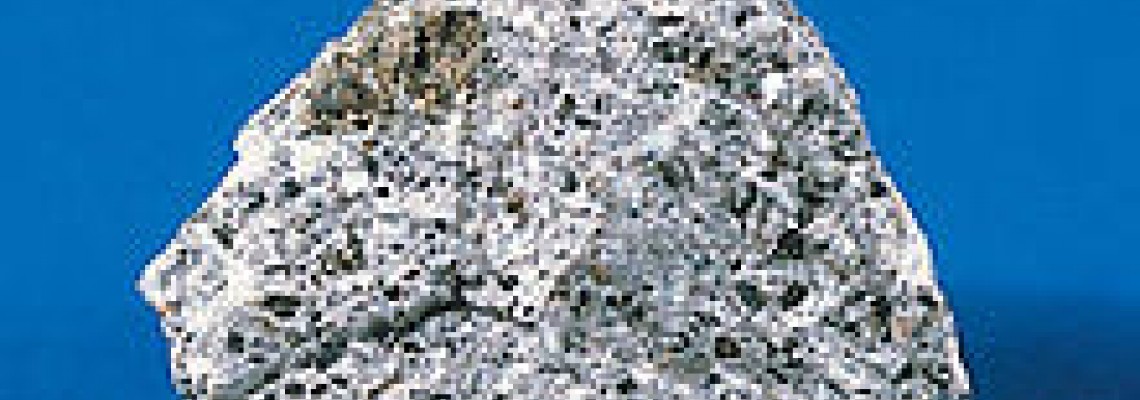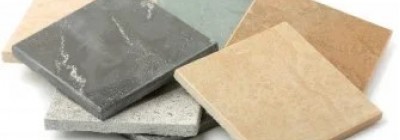
Syenite rocks are a type of intrusive igneous rock that is composed primarily of alkali feldspar minerals and a small amount of mafic minerals, such as pyroxene or amphibole. They are typically light-colored, with a coarse-grained texture. Syenite rocks are found all over the world, but they are most common in continental rift zones and on the margins of continents.
Syenite rocks are formed when magma cools and crystallizes slowly deep beneath the Earth's surface. The slow cooling process allows the minerals in the magma to form large crystals. Syenite rocks are often found in association with other types of igneous rocks, such as granite and gabbro.
Syenite rocks are used in a variety of applications, including:
- Building materials: Syenite rocks can be used to make dimension stone, paving stones, and other building materials.
- Ceramics: Syenite rocks can be crushed and used to make ceramics, such as tiles and pottery.
- Glassmaking: Syenite rocks can be used to make glass.
- Abrasives: Syenite rocks can be crushed and used to make abrasives, such as sandpaper and grinding wheels.
Syenite rocks are an important part of the Earth's crust. They play a role in the formation of mountains and other geological features. Syenite rocks are also a valuable resource for humans, providing us with a variety of building materials and other products.




Leave a Comment